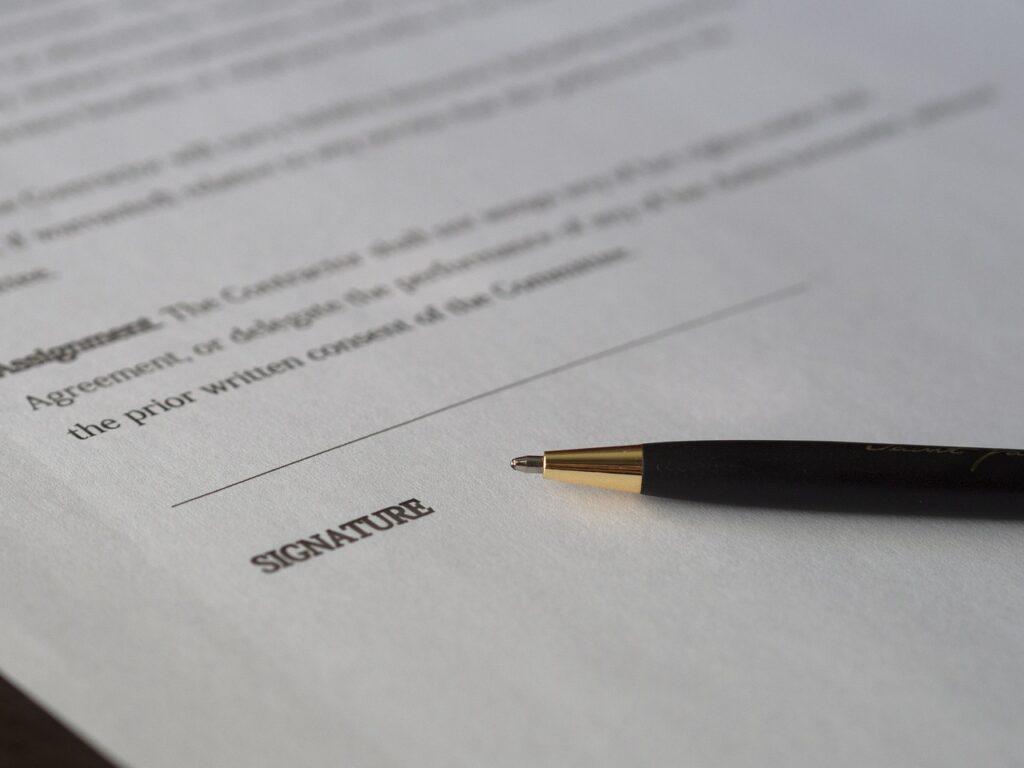Legal Procedures for Changing Your Name in the UK

Changing your name is a significant and sometimes emotional step, whether it’s due to marriage, divorce, gender identity, or simply personal preference. In the UK, the process is relatively straightforward, but understanding the legal procedures for changing your name is essential to ensure your new identity is recognised by all official institutions. Here’s a comprehensive, guide to help you navigate the legal name change process in the UK.
Why Change Your Name?
People change their names for many reasons, including marriage, divorce, reflecting a change in gender identity, or simply wanting a fresh start. Whatever your reason, it’s important to follow the correct legal procedures for changing your name to avoid complications with banks, government agencies, and other organisations.

Legal Requirements for Changing Your Name
To change your name legally in the UK, you must:
-
Be 16 years or older to apply independently. For children under 16, parents or guardians must apply on their behalf.
-
Not intend to deceive or defraud anyone. Your new name must not be chosen for fraudulent purposes.
-
Use your new name consistently in all aspects of life, including identification and financial accounts.
How to Change Your Name: Step-by-Step
1. Choose Your New Name
Select a new name that you genuinely wish to use. Ensure it complies with legal requirements—avoid names that are offensive or misleading.
2. Obtain a Deed Poll or Statutory Declaration
The most common and effective way to change your name is by deed poll. This is a legal document that proves your intention to change your name. You can create a deed poll yourself, use an online service, or seek the help of a solicitor. The deed poll must be signed and witnessed316.
Key points:
-
Deed Poll: Must include your current name, new name, and a declaration of intent to use your new name exclusively.
-
Statutory Declaration: An alternative, especially in Scotland or for those who cannot use a deed poll.
-
Witnesses: You will need two witnesses over 18 to sign your deed poll or statutory declaration.
3. Enrol Your Deed Poll (Optional)
You can choose to enrol your deed poll with the Royal Courts of Justice. This formalises your name change and makes it a matter of public record. The current fee for enrolling a deed poll is around £48.32–£50.32. This is optional, but some organisations may require an enrolled deed poll before accepting your new name.
4. Update Your Identification and Records
Once your deed poll or statutory declaration is complete, you need to update your name with various authorities and organisations, including:
-
DVLA (driving licence and vehicle registration)
-
HM Revenue and Customs
-
Bank and Building Society
-
Local Authority (Council Tax and Electoral Register)
-
Employer
-
Insurance Providers
-
Utility Companies
-
GP, Dentist, and Other Healthcare Providers
Tip: Keep several certified copies of your deed poll or marriage certificate, as many organisations require original or certified documents.
Special Considerations
-
Changing a Child’s Name: If you are changing a child’s name, you’ll need to provide parental consent and, in some cases, apply to the family court if there are disputes.
-
After Marriage or Divorce: Changing your name after marriage or divorce is simpler—you can use your marriage or divorce certificate as evidence, though some organisations may still require a deed poll.
-
International Considerations: If you hold dual citizenship or are from a non-UK country, check for any additional requirements.
Cost of Changing Your Name
-
DIY Deed Poll: Minimal cost, mainly for administrative fees if you do it yourself.
-
Enrolled Deed Poll: Around £48.32–£50.32 for court registration.
-
Solicitor Services: Additional fees apply if you use a solicitor, but this ensures accuracy and compliance with all legal requirements.
Why Use a Solicitor for Your Name Change?
Using a solicitor for your legal name change offers several advantages:
-
Expert guidance on legal requirements and implications.
-
Accurate drafting and witnessing of your deed poll.
-
Support with complex situations, such as child name changes or disputes.
-
Efficient management of the process, saving you time and hassle.
Conclusion
Changing your name in the UK is a manageable process if you follow the correct legal procedures. Whether you do it yourself or seek professional help, understanding the steps involved ensures your new name is recognised by all official bodies. For expert assistance with your legal name change, contact a family law solicitor who can guide you through each stage with care and professionalism.

